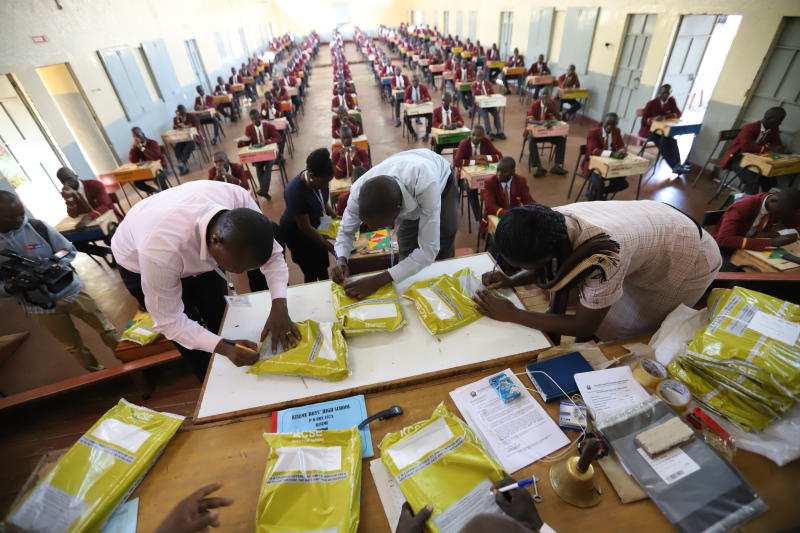×
The Standard e-Paper
Kenya’s Boldest Voice

Details of how this year’s national examinations will be managed have emerged, days to the start of the Kenya Certificate of Primary Education (KCPE) tests.
And it will be not smooth sailing for the examinations officials across the country. Although practicals for a few Kenya Certificate of Secondary Education (KCSE) candidates began this week, the real test comes once the sessions for compulsory subjects start.